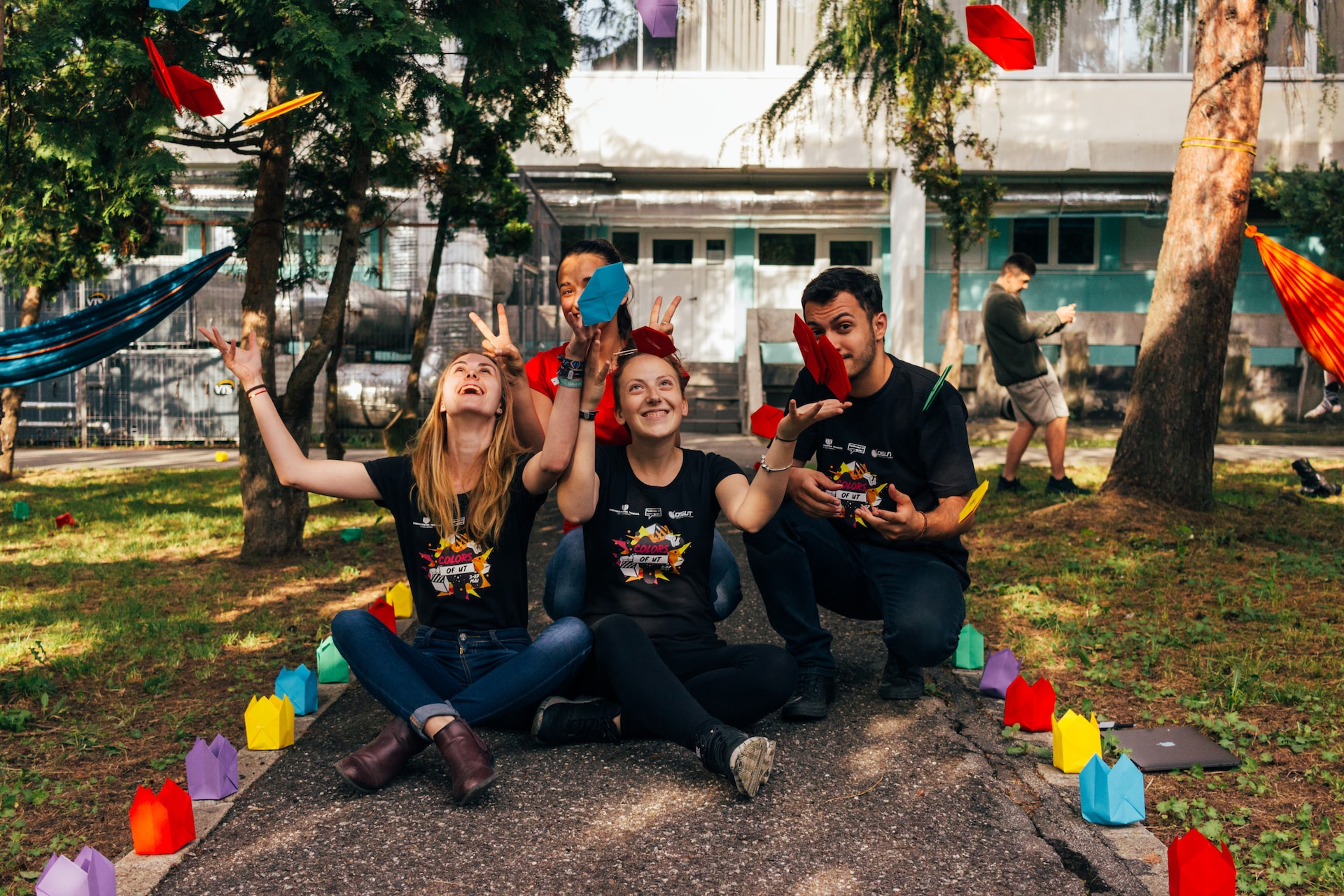Balancing College Life

By Joanna Nesbit
College brings a lot of freedom, independence, and unstructured time outside of classes. For many students, managing time is one of the biggest adjustments. Most students spend no more than 15 hours in class each week. Even after you budget time for homework and possibly a part-time job, you’ll be in charge of figuring out what to do with a lot of free time. It’s exciting, but it can also be challenging to create structure for yourself. Sometimes having too much time leads to procrastination. Here’s what can help you balance your academic and social life in college:
Aim for Balance
For extroverts, the first few weeks feel like a whirlwind of activities, orientation events, and checking out clubs. It’s tempting—and fun!—to sign up for every club, attend every event, and go to every party. For others, launching straight into academics is the priority, and you may not be looking for too many social activities. As you learn how to prioritize and balance your schoolwork with other activities, you’ll figure out which activities mean the most to you. It could be a club that fits an academic or social interest or an intramural sport like ultimate Frisbee that helps you blow off steam.
Show Up for Class
It can be tempting to skip class when you’re super tired, a really fun activity comes up, or you haven’t done the reading and you’re worried you will be called on. No matter your hesitation, know that going to class not only keeps you on track academically, but it also provides structure to your days and chances to make new friends.
Join a Club or Two
Joining clubs and teams can be an amazing way to make friends and learn more about yourself, and students often do better academically when they do. Research also shows that employers like to see campus involvement, because the skills students learn help them in their careers. Things such as student government, student media, clubs, and athletics teach you about teamwork, social awareness, and managing programs and budgets. Along the way, you build connections and friendships, de-stress, and take breaks from the books. Those are also good things for your mental health.
Finding affinity groups can be especially important if your new school has a different demographic makeup from your home or your old school. If you are missing people who share a similar background, racial identity, sexual orientation, or gender identity, there are all kinds of groups where you can find those people, connect, and build a second family on campus.
Expect Bumps
No one manages college smoothly from the get-go. It may be the biggest transition of your life, and you’re not alone if you feel challenged by your new classes and balancing them with your social life. It will take time to find your rhythm and get into the swing of things.
If activities are getting in the way of sleep or taking care of yourself, it’s OK to take a break. Whether you’re an introvert or an extravert, everyone needs downtime to regroup.
On the other hand, if you feel isolated or not busy enough, it’s never too late to join a club or group where members will welcome you. It takes time to make friends, and it’s normal not to be sure where you belong.
Feeling exhausted, getting sick, or seeing a drop in your grades can all be signals to work on balancing the different parts of your life. Adjusting to college life isn’t easy for anyone, but in time you’ll figure out what works best for you.
And, at any time along the way, you can reach out for the support you need and deserve.







